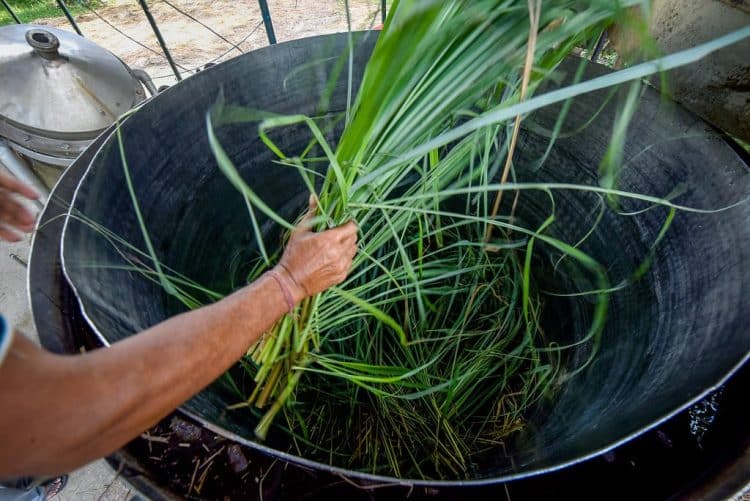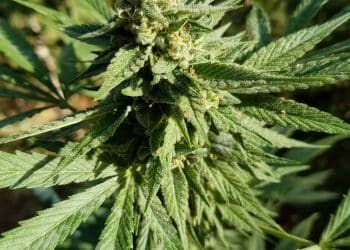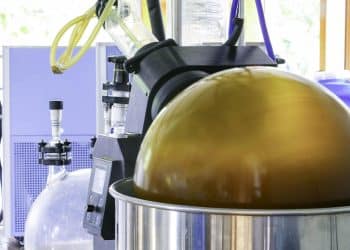There are many different types of plants that can be used for distillation. Some plants work better than others, and some have additional benefits beyond just the distillation process. Here is a look at some of the best plants for distillation, and what makes them so special.
Rosemary
Rosemary is a great plant for distillation because of its high essential oil content. This means that more of the volatile compounds in the plant will be extracted during the distillation process, resulting in a better final product. Additionally, rosemary has a wide range of benefits for both your health and your home.
Lavender
Lavender is another plant with a high essential oil content, making it ideal for distillation. It also reportedly has a calming effect, which can be beneficial if you are looking to create a relaxing atmosphere in your home. Lavender is also known for its ability to repel insects, making it a good choice if you want to keep your home free of pests.
Peppermint
Peppermint makes the list because it’s rich with menthol. This gives peppermint oil a cooling effect ideal for use in diffusers and other aromatherapy products. Peppermint also has a number of benefits for your health, including helping to relieve nausea and headaches.
Eucalyptus
Eucalyptus is known for aiding in respiratory issues and relieving pain, which makes this type of oil very popular. Additionally, eucalyptus oil can be used as a natural bug spray.
Lemon balm
Imagine being soothed by the relaxing and pleasing scent of fresh lemons. You can bask in this feeling if you distill lemon balm, a plant with a high lemon content. Lemon balm oil is used to brighten your surroundings and your mood.
When choosing plants for distillation, remember to consider the essential oil content, as well as the other benefits that the plant can provide. With a little research, you should be able to find the perfect plant for your needs.
Image source: https://www.flickr.com/photos/cifor/37650092305











